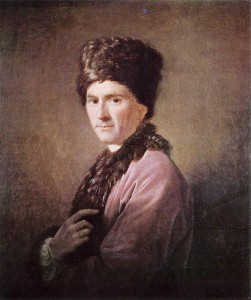 In the eighteenth century, the philosopher Jean-Jacques Rousseau warned against ‘the universal desire for reputation’. And yet so often we seek to be admired by others, pursuing careers and lifestyles that offer the lures of social status. In this article in Psychology Today magazine, I put the idea of status under the spotlight, and ask whether we should really put so much effort into caring about it.
In the eighteenth century, the philosopher Jean-Jacques Rousseau warned against ‘the universal desire for reputation’. And yet so often we seek to be admired by others, pursuing careers and lifestyles that offer the lures of social status. In this article in Psychology Today magazine, I put the idea of status under the spotlight, and ask whether we should really put so much effort into caring about it.
Category: ethics
Sherlock Holmes and the lost history of empathy
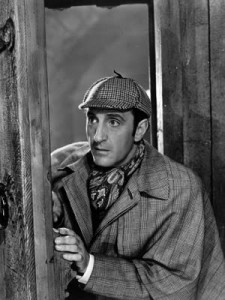 Here’s a new podcast from the rather wonderful Aeon Magazine, in which philosopher Jules Evans explores the theme of empathy. I kick off by talking about the history of empathy, tracing the concept from Adam Smith’s ideas in the 18th century and through developments in child psychology over the past hundred years. Then comes Maria Konnikova, who makes the case that Sherlock Holmes was a master of the art of empathy, based on her new book Mastermind: How to Think Like Sherlock Holmes. Finally there is novelist Tobias Jones, who discusses his attempts to create an empathic community at his home in Somerset.
Here’s a new podcast from the rather wonderful Aeon Magazine, in which philosopher Jules Evans explores the theme of empathy. I kick off by talking about the history of empathy, tracing the concept from Adam Smith’s ideas in the 18th century and through developments in child psychology over the past hundred years. Then comes Maria Konnikova, who makes the case that Sherlock Holmes was a master of the art of empathy, based on her new book Mastermind: How to Think Like Sherlock Holmes. Finally there is novelist Tobias Jones, who discusses his attempts to create an empathic community at his home in Somerset.
The Power of Outrospection
What do Mr Spock, Che Guevara and Gandhi have in common? They all appear in my new RSA Animate, The Power of Outrospection, about how empathy can create radical social change.
If you want to know more about my ideas on empathy, a good place to start is my book Empathy: Why It Matters, and How to Get It.
Is your job big enough for your spirit?
Here is the video of a talk I gave on my latest book, How to Find Fulfilling Work, at the Union Chapel in London in May. Filmed live in front of nearly 1000 people, it was part of the launch of The School of Life’s practical philosophy book series, edited by Alain de Botton and published by Macmillan. In 15 minutes I offer five essential ideas for career change, drawing on career advice from Leonardo da Vinci, Aristotle and a woman who gave herself the unusual 30th birthday present of trying out 30 different jobs in one year – a radical sabbatical.
There were five other talks on the night, each of them full of wise, witty and useful ideas for the art of living:
Alain de Botton on How to Think More About Sex
Philippa Perry on How to Stay Sane
John-Paul Flintoff on How to Change the World
Tom Chatfield on How to Thrive in the Digital Age
John Armstrong on How to Worry Less about Money
My book How to Find Fulfilling Work is also available in several translations, including Spanish, Catalan, Portuguese and German. This weekend I’ll be launching the Dutch edition at the LIFE! philosophy event in Amsterdam.
And for anybody who missed it, I recently had a new article on The Six Habits of Highly Empathic People published by the good folk at the Greater Good Science Center, at the University of California.
Happy viewing, reading and living…
Can popular philosophy change the world?
 I was recently interviewed by philosopher Jules Evans, author of the bestselling Philosophy for Life: And Other Dangerous Situations, as part of his project on the rise of the practical philosophy movement. The interview originally appeared on his website. Here it is in full.
I was recently interviewed by philosopher Jules Evans, author of the bestselling Philosophy for Life: And Other Dangerous Situations, as part of his project on the rise of the practical philosophy movement. The interview originally appeared on his website. Here it is in full.
Roman Krznaric is the author of two popular books that came out this year – The Wonderbox: Curious histories of how to live and How to Find Fulfilling Work – and is also one of the founding faculty members of The School of Life, which teaches the art of living to its clientele. He talked to me about his work in the past with Theodore Zeldin, how The School of Life came to be, and how the practical philosophy movement can do more than offer lifestyle tips, and might even help to tackle the great problems of the age.
Would you say there is such a thing as a ‘practical philosophy movement’?
Yes, though it’s a very broad movement. What’s happened is that over the last 20 years there’s been a revolutionary rise of interest in the question of how to live. And that question has taken a practical focus in many ways, through philosophy clubs and organisations like the School of Life and Oxford Muse. Continue reading
Ready for a vulnerability hangover? Five ideas from Brené Brown
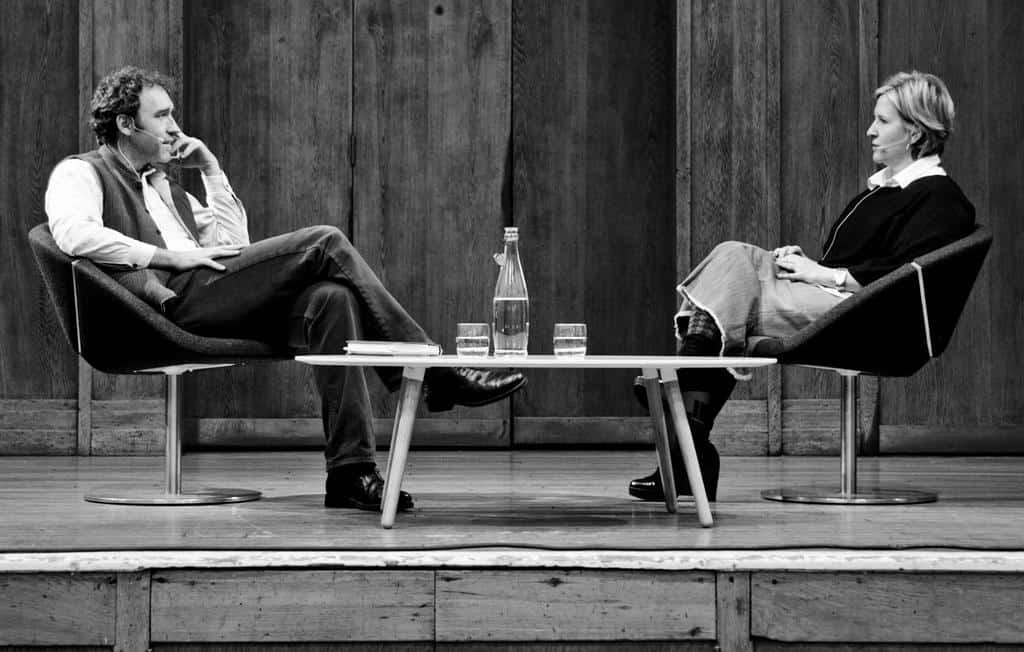
I recently had the great privilege and pleasure of interviewing Brené Brown, one of the world’s most original and exciting thinkers about emotional life, before a packed audience at London’s historic Conway Hall. It was no surprise that the event, organised by The School of Life, sold out its five hundred tickets within a record time of 48 hours. Brené – a research professor at the University of Houston – is seriously popular. Her 2010 TED talk on The Power of Vulnerability has been seen by over six million people, and her new book, Daring Greatly: How the Courage to Be Vulnerable Transforms the Way We Live, Love, Parent and Lead, is at the top of the New York Times best-sellers chart.
To give you a taste of her book, and the conversation we had, I’d like to pick out five of Brené’s ideas that I find to be particularly insightful, original and applicable to everyday life. Continue reading
Can reading a novel change the world?
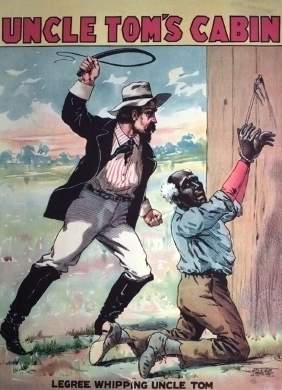 ‘It was through books that I first realised there were other worlds beyond my own; first imagined what it might be like to be another person,’ wrote novelist Julian Barnes in a recent Guardian essay. It’s an enticing thought that reading fiction might help us escape the straitjacket of our egos and expand our moral universes. Modern literary theorists are, however, decidedly sniffy about the notion. ‘They see the idea as too middlebrow, too therapeutic, too kitsch, too sentimental, too Oprah,’ according to Steven Pinker in his latest tome, The Better Angels of Our Nature.
‘It was through books that I first realised there were other worlds beyond my own; first imagined what it might be like to be another person,’ wrote novelist Julian Barnes in a recent Guardian essay. It’s an enticing thought that reading fiction might help us escape the straitjacket of our egos and expand our moral universes. Modern literary theorists are, however, decidedly sniffy about the notion. ‘They see the idea as too middlebrow, too therapeutic, too kitsch, too sentimental, too Oprah,’ according to Steven Pinker in his latest tome, The Better Angels of Our Nature.
Yet Pinker, together with philosopher Martha Nussbaum, psychologist Keith Oatley and historian Lynn Hunt, is amongst a new band of champions for the idea that reading can indeed change not just ourselves, but the world. If we want to put this idea to the test, a good starting point is one of the most popular novels of the nineteenth century, Harriet Beecher Stowe’s Uncle Tom’s Cabin. What interests me, though, is not simply the extraordinary social impact of this admittedly sentimental story, but what its writing reveals about the origins of morality itself. Continue reading
Why creativity is not about originality
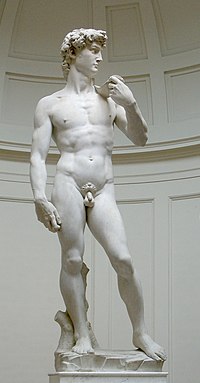
- Michelangelo was bad news for creativity
In this interview with bestselling novelist Fiona Robyn featured on her blog Writing Our Way Home, I discuss my approach to the process of creative writing and thinking, and suggest why creativity is not about originality, and how musician Brian Eno can help us think more adventurously.
Fiona Robyn: What drives your creative work?
Roman Krznaric: A disastrous cultural inheritance from the Renaissance is the idea that creativity is about originality. We have in our minds the image of geniuses like Michelangelo, who was worshipped for his stunning originality, which seemed to be a divine gift from above. But I think that is off-putting for most of us, and makes us feel that if we aren’t being brilliant and original then we are lacking a creative streak. Continue reading
New book! How to Find Fulfilling Work by Roman Krznaric
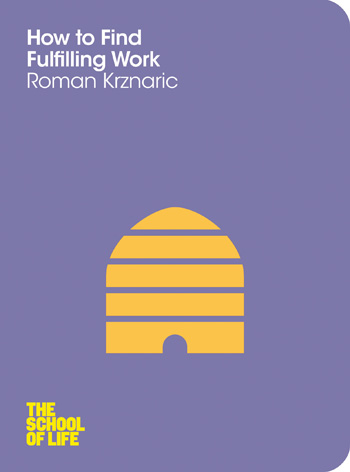 My new book How to Find Fulfilling Work is out today.
My new book How to Find Fulfilling Work is out today.
About the book
Part of a new series of guides to everyday living from The School of Life (edited by Alain de Botton), How to Find Fulfilling Work aims to help people navigate the labyrinth of career choices out there and to find a job that is big enough for their spirits. It busts plenty of myths along the way, such as the idea that you can trust personality tests to guide you to the right job, and offers wisdom from philosophy, psychology, history and literature. There are plenty of unusual solutions to our career dilemmas too, including taking a radical sabbatical and aspiring to be a wide achiever rather than a high achiever, as well as timely career advice from Leonardo da Vinci, Marie Curie and even Zorba the Greek. And you will meet a woman whose 30th birthday present to herself was to try 30 different jobs in one year.
You can find out more about the book here and buy it from Amazon or your local bookstore.
The School of Life series is being launched with events around the UK and beyond.
Other authors in the series include Alain de Botton, Philippa Perry, John-Paul Flintoff, Tom Chatfield and John Armstrong.
Best wishes and happy reading! Roman
Extract from the opening of Chapter 1: The Age of Fulfilment
Rob Archer grew up on a housing estate in Liverpool where there was 50 per cent unemployment and the main industry was heroin. He fought his way out, studying hard and getting to university, and found a great job as a management consultant in London. He was earning plenty of money, he had interesting clients and his family was proud of him. ‘I should have been very happy, but I was utterly miserable,’ he recalls. ‘I remember being put on assignments in which I had no background but was presented as an expert. I was supposed to know about knowledge management and IT, but it all left me cold, and I always felt like an outsider.’ He did his best to ignore his feelings:
I assumed I should be grateful to just have a job, let alone a ‘good’ one. So I focused harder on trying to fit in and when that didn’t work, I lived for the weekend. I did this for ten years, burning the candle at both ends. Eventually it caught up with me. I became chronically stressed and anxious. Then one day I had to ask the CEO’s personal assistant to call me an ambulance because I thought I was having a heart attack. It turned out to be a panic attack. That’s when I knew I couldn’t go on. The problem was that all the alternatives – changing career, starting over again – seemed impossible. How could I trade in the security of my comfortable life for uncertainty? Wouldn’t I be risking all the progress I had made? I also felt guilt that I should even be searching for such luxuries as ‘meaning’ and ‘fulfilment’. Would my grandfather have complained at such fortune? Life appeared to offer an awful choice: money or meaning.
You can read the rest of Chapter 1 here.
The Six Habits of Highly Empathic People
This is the video of a talk I gave at the Royal Society of the Arts, which describes six ways to expand our empathic potential, drawing on everything from the empathy experiments of George Orwell to developments in industrial design, from the struggle against slavery in the eighteenth century to the Middle East crisis today. Discover why the 21st century needs to become the Age of Outrospection.
The full version of this talk is available as a podcast.
The ideas in this talk are discussed in my new book Empathy: Why It Matters, and How to Get It.
I published an article summarising some of these ideas at the Greater Good Science Center.